The Afropunk Fest returned to its home location of Brooklyn, N.Y., after a two-year hiatus due to COVID-19. While it boasted a notoriously diverse lineup of musicians and artists like The Roots, Burna Boy and Earl Sweatshirt, what made the two-day event a success was the sight of the attendees and their fearless demonstration of outward expression of personality through fashion.
What Afropunk does and always tries to do, through its festivals and its educational and artistic initiatives, is provide a safe space for Black people to be themselves in whatever they deem to be most accurate. On Sept. 10 and 11, there were droves of different iterations of people being themselves.
Commodore Barry Park, a site of Afropunk Brooklyn for over a decade, is a fatefully appropriate location for the festival. It’s an unintentional junction point of old and new Brooklyn. Near the border between the borough’s neighborhoods of Fort Greene and Dumbo, the park is nestled between two housing projects in the shadow of the Brooklyn-Queens Expressway, and it’s a stone’s throw away from the Brooklyn Navy Yard, freshly gentrified supermarkets and condos.
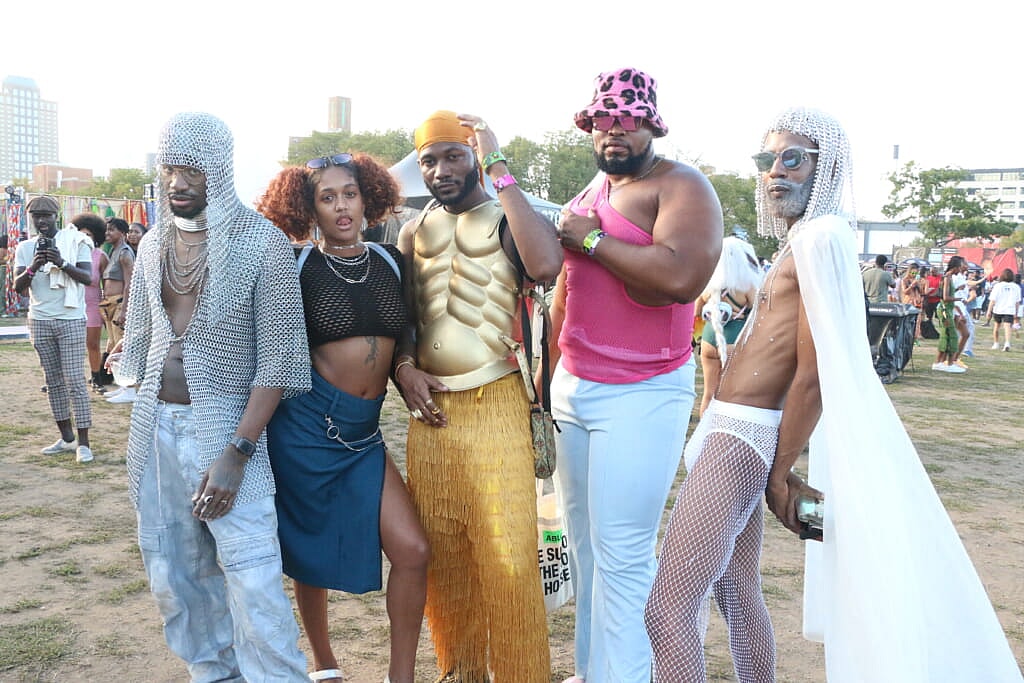
Free entry is now a thing of the past, and the rickety ramps for skateboarders and BMX bikers are long gone. But even with the inevitable corporate injection that began years ago, the spirit of Afropunk’s origin was still alive, emphasizing the importance of ownership, via the presence of Black-owned businesses and food vendors, but also, the ownership of one’s body and soul.
Afropunk allows its fans and attendees to show out in their most authentic selves. It’s not a masquerade scene for them to match the aesthetic of the preceding festival. Sure, some may do so, but for the most part, it’s easy to recognize the sincerity.
If these people engage in cosplay, it’s perhaps during their everyday lives, in a society dominated by business casual dress codes and rules that make you cut your braids off to partake in an important sporting event.
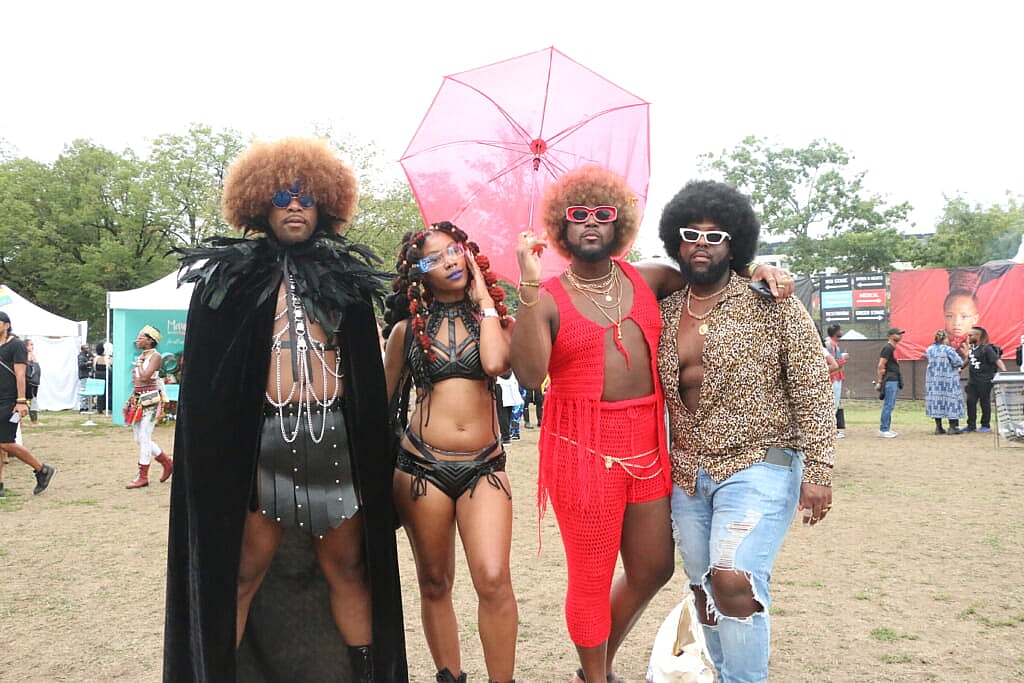
Several women were testing the constraints of nudity. The park abounded with women parading their backsides and areolas for all to see. Numerous people showed up in full West African regalia, proudly displaying their deep heritage on their chests, quite literally.
Going back and forth from numerous vendors selling books, wellness crystals, organic makeup and homemade teas, you might run into men dressed like knights in King Arthur’s court with bikini bottoms or women in sky blue afro wigs and boy shorts. You’ll see the same people having pleasant conversations with the couple in Nike tracksuits about how much they love how Freddie Gibbs injects humor into his free-willing coke raps or how they can’t wait to see the endlessly funky Virginia jazz band Butcher Brown.
Their insistence on and devotion to displaying dynamic fashion choices were so strong that the threat of rain on the second day didn’t deter people from their original outfit plans. All day Sunday, the rain came, went and came back for good, but the people were unmoved, which was inspiring.
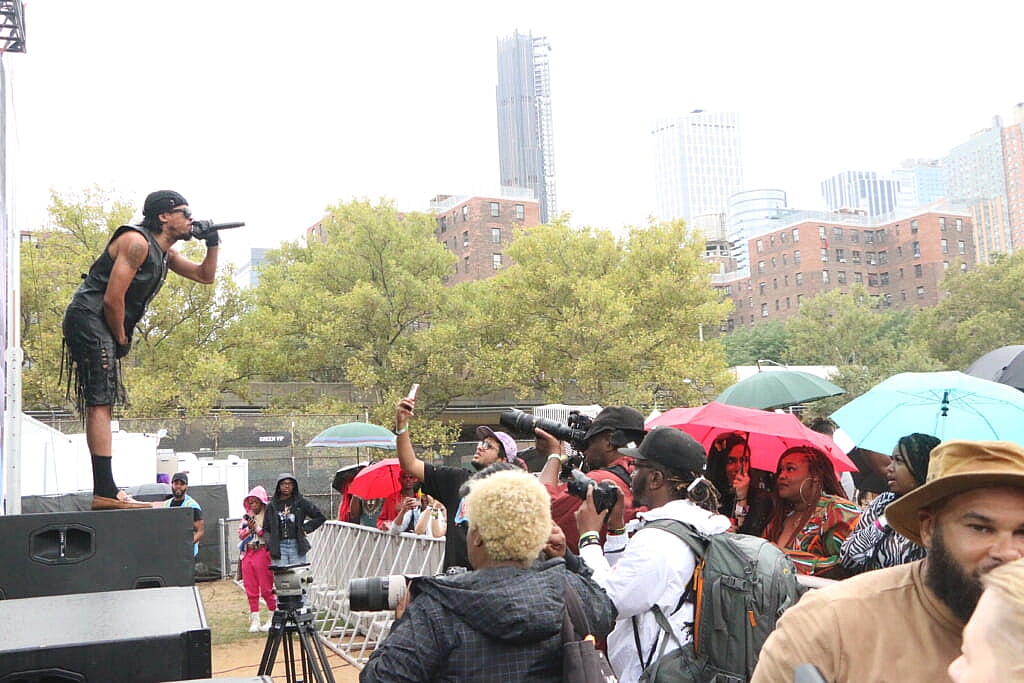
The quirky, eclectic nature of the spectators matched, and in some cases upstaged, the brilliant curation of performers. Just as it has each year, this collective of artists included the full complement of the diaspora’s genres and sub-genres.
There was Pink Siifu, whose backing band could only be described as the offspring of Fishbone and the Sun Ra Arkestra. His repertoire ran the gamut of intense rock and bass-groove funk with two drummers, a rapping trumpet player, raucous guitars and a harpist. It was a fresh reminder that punk and free jazz were products of the same mind frame.
What was thrilling about Afropunk was the platform for alternative female artists. Doechii, Tierra Whack and Ambré were nothing alike but cut from the same cloth.
Doechii, draped in a sexy fur outfit and flanked by background dancers for a bombastic blend of rap, rock and dance, seemed the opposite of Whack, who rhymed over skittering 90-second songs by her lonesome, donning stack colors of green, red and yellow.
Meanwhile, Ambré entered the stage in a Nirvana T-shirt and towel on her head covered by a red fitted cap and proceeded to play her electric guitar and sing trap-soul as her band unleashed a rapid-firing bubble gun. It was refreshing to see women be themselves, supported by their respective fan bases and never seeming out of place.
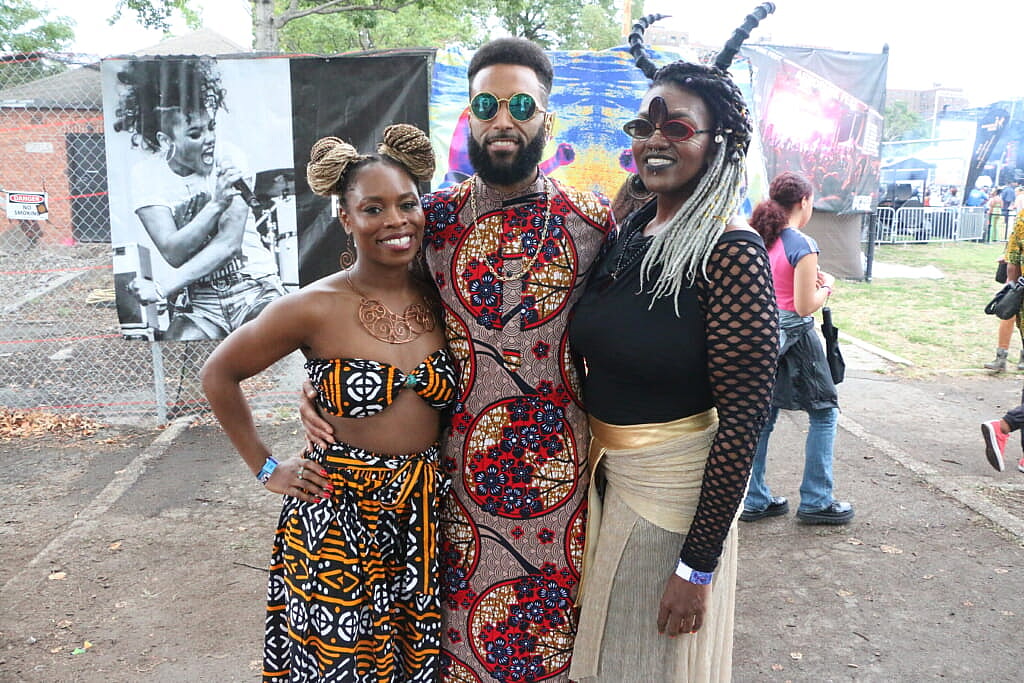
While each of the headliners had moments of greatness, from Burna Boy to Lucky Daye, The Roots’ closing performance on night one stood head and shoulders above the pack.
The Philadelphia hip-hop band showcased that their gig on “The Tonight Show with Jimmy Fallon” has only sharpened their skill set. It was a brilliant, energetic, virtuoso combination of funky covers like Donald Byrd’s “Think Twice” and Main Source’s “Looking at the Front Door,” and their own catalog of fan favorites like “Proceed,” “The Next Movement” and “The Seed 2.0.”
Afropunk may have branched out to other cities like Johannesburg, Miami and Atlanta, but make no mistake: Brooklyn is still the movement’s epicenter. The movement to diminish the monolithic myth of Black Americans.
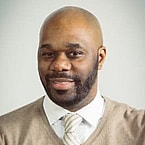
Matthew Allen is an entertainment writer for music and culture for theGrio. He’s a Brooklyn-based TV producer, director and award-winning music journalist. He’s interviewed the likes of Quincy Jones, Jill Scott, Smokey Robinson and more for publications such as Ebony, Jet, The Root, Village Voice, Wax Poetics, Revive Music and Soulhead. His video work can be seen on PBS/All Arts, Brooklyn Free Speech TV and BRIC TV.

